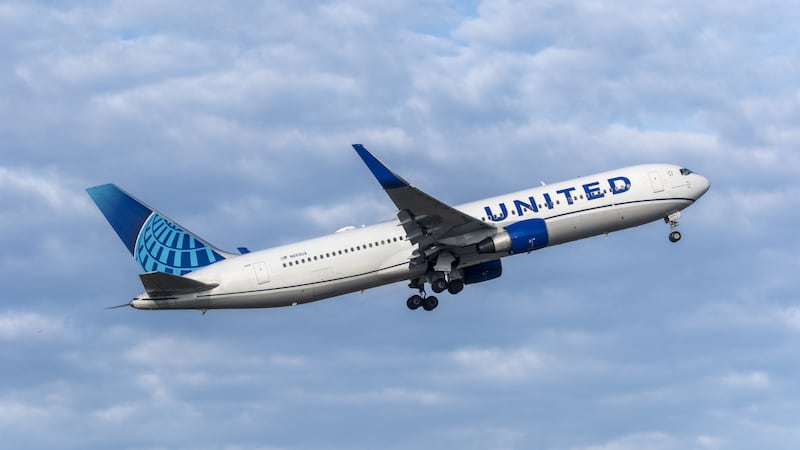SEATTLE — As of July, 2015, there were approximately 6,000 sexual assault kits in Wash. that had not been submitted for forensic examination.
The new law, HB 2530, would provide funding toward the investigation of sex crimes; it would also provide support for victims of sexual assault.
Under the legislature, sexual assault kits could be tracked statewide. Victims would be able to anonymously track the status of their kits.
The new law would make money accessible for the “investigations or reinvestigations of cases where a sexual assault kit was in the possession of a law enforcement agency but not submitted for forensic testing as of July 24, 2015.”
The program would be financed through a sexually oriented business fee.
From language within the bill, “The legislature finds the state has a substantial interest in protecting and preserving the quality of life for its communities against the adverse secondary effects of live adult entertainment.”
The bill asserts that in Washington state, sexually oriented businesses featuring live adult entertainment earn over $25 million per year in revenue.
It also asserts that exotic dancers are more likely to be victims of sexual violence.
Patrons would pay the fee upon entering the sexual establishment, directly to the operator -- in the amount of $4. That money would then be collected by the dept. of revenue.
Fifty percent of the money collected would be used immediately toward the testing of the amassed untested rape kits in Wash.
Twenty-five percent would be used for services or support to victims of sexual abuse.
The remaining 25 percent would be used for services and support, including educational & vocational training opportunities, to victims of human trafficking.
As of July, 2015, all new rape kits in Wash. must be tested within 30 days of their receipt.
KIRO








